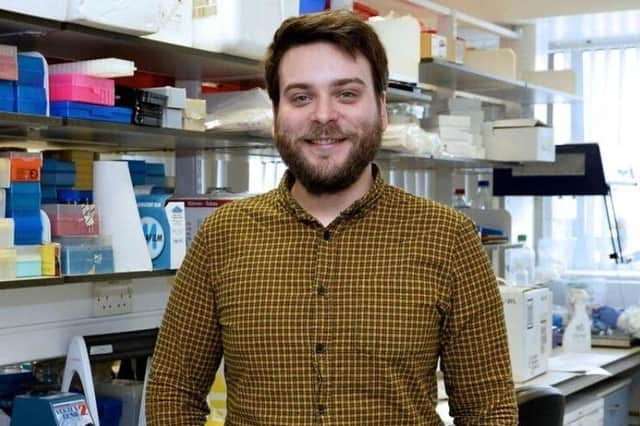QUB researchers identify the impact of bacterial co-infections and antimicrobial resistance in Covid-19


Microbiologists Professor José Bengoechea and Dr Connor Bamford have highlighted Covid patients are at risk of developing severe bacterial infections.
In a new paper the researchers suggest potentially fatal bacterial respiratory infections may arise subsequently or co-incidentally from hospital stays and therapies given to treat patients.
Advertisement
Hide AdAdvertisement
Hide AdCo-existing bacterial infection alongside the virus may worsen the clinical outcome and the severity of Covi-19 in a patient, increasing the risk of death, they have suggested.
The paper highlights how SARS-CoV-2 and bacteria in the lungs may affect each other’s ability to cause damage, and with the immune response to the virus being different when bacteria are present, the clinical outcome and the severity of Covid-19 in a patient could worsen.
The paper also suggests the likeliness of the gut microbiota being disrupted in severe patients, which may affect disease outcomes.
Professor Bengoechea said: “The lack of therapies to treat severe Covid-19 patients led clinicians to use a number of treatments to modify the activity of their immune system.
Advertisement
Hide AdAdvertisement
Hide Ad“However, it is important to note that these interventions may also increase the risk of potentially fatal secondary bacterial respiratory infections.”
He added: “Therefore, careful consideration should be given whether any potential new therapy may affect the patients’ defenses against bacterial infections.”